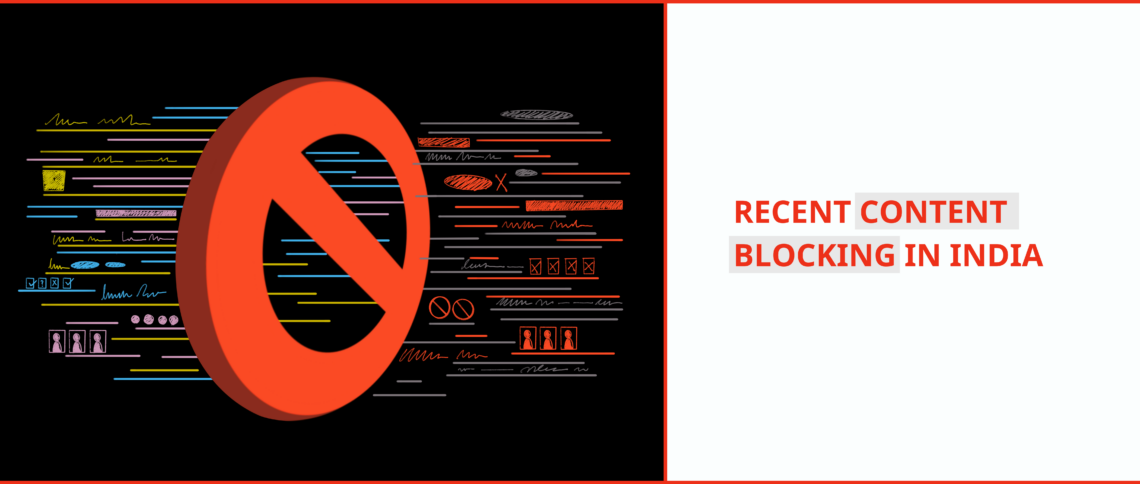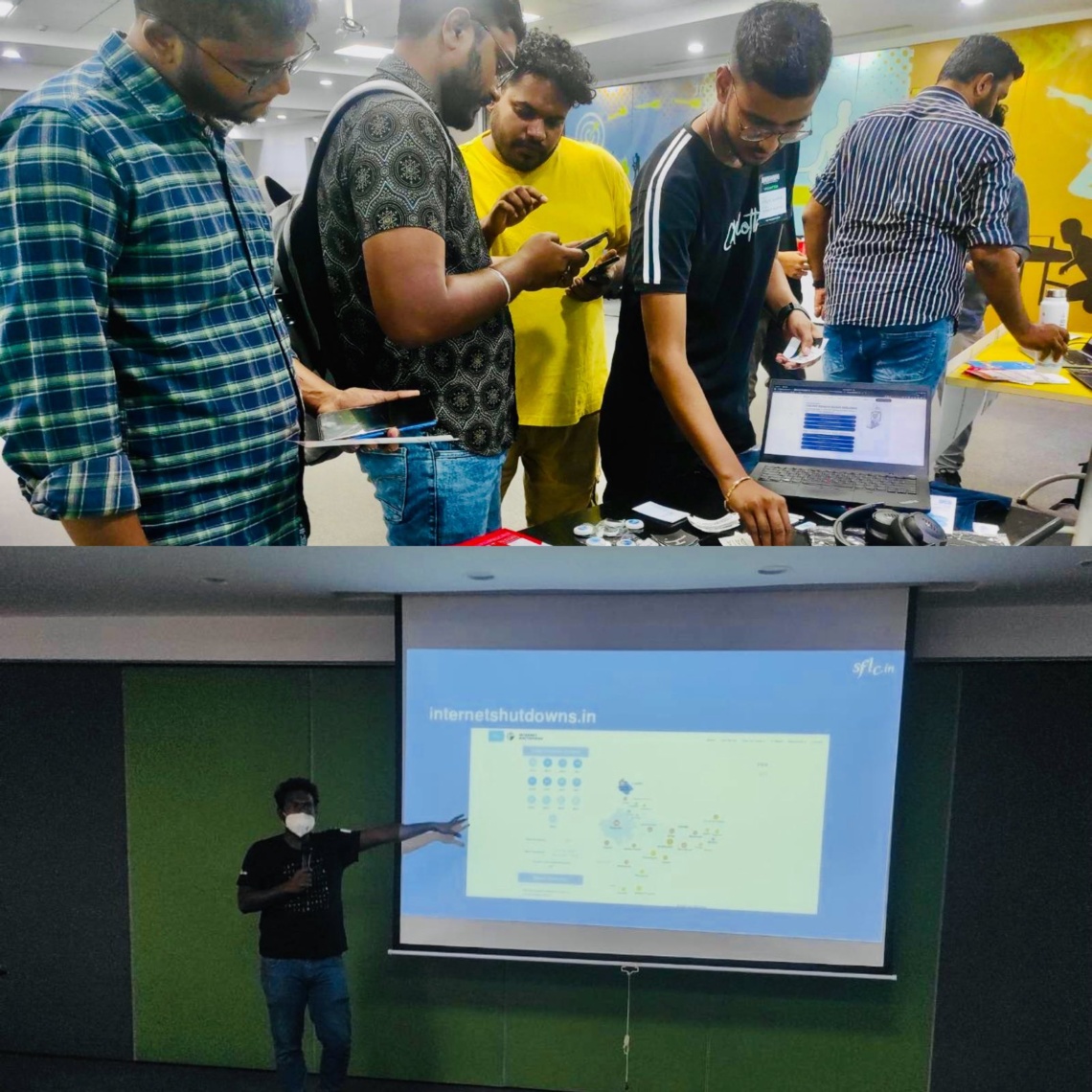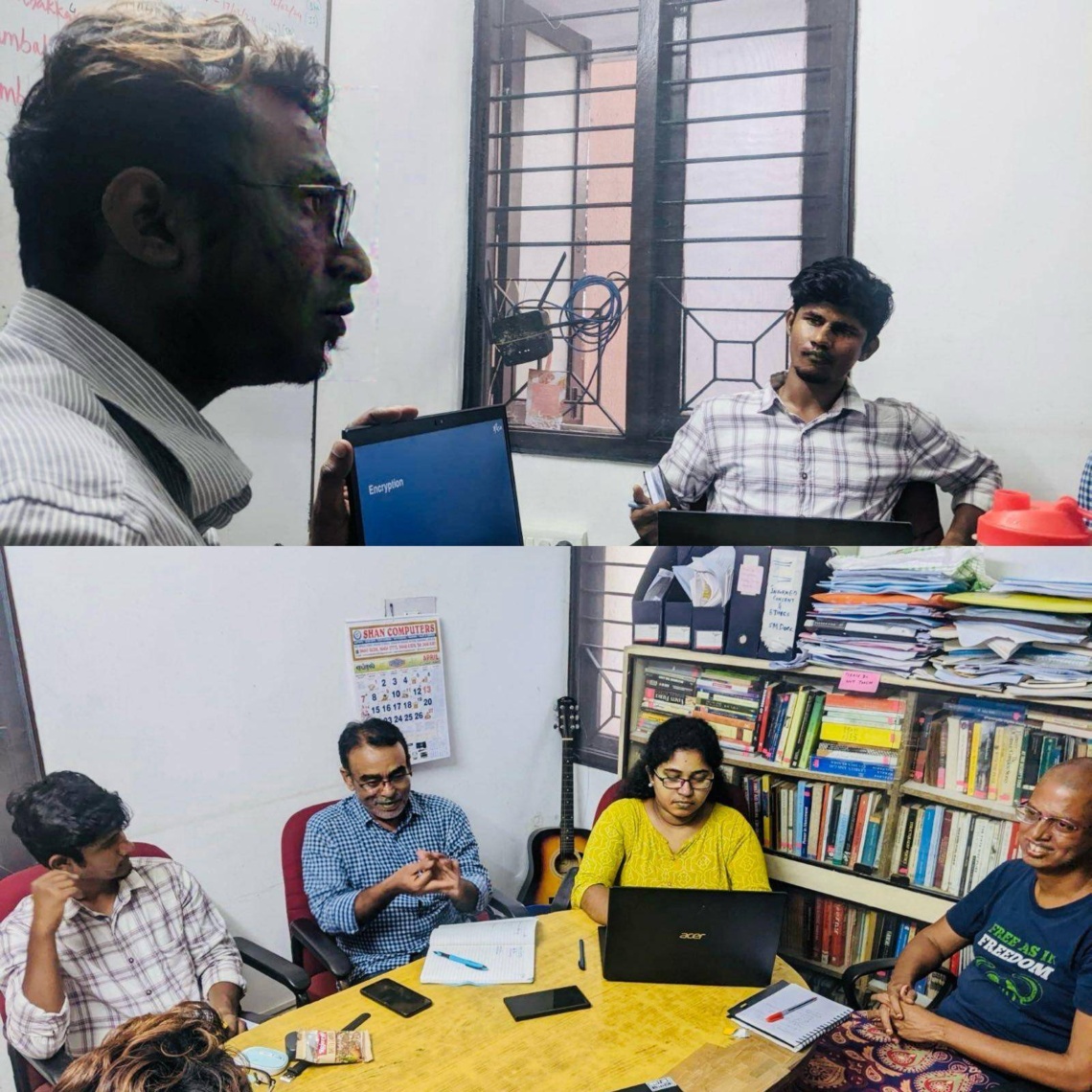On Day 23 of the final Aadhaar hearing, the Attorney General answered questions put forth by the petitioners on the basis of the presentation made by Dr. Ajay Bhushan Pandey, CEO of Unique Identification Authority of India (UIDAI).
The complete list of questions along with UIDAI’s answers is available here.
Justice Chandrachud and Justice Sikri expressed some skepticism about the measures taken by the government to ensure that the provisions under the Aadhaar Act are effectively implemented. They emphasized that the government will eventually have to answers questions related to implementation, since UIDAI is only responsible for the architecture of Aadhaar and therefore cannot guarantee if there has been denial of services. On being asked whether the Aadhaar project has an option to opt out of the system, the Attorney General confirmed that Aadhaar has no such option, even for children.
Further, the Attorney General reiterated that Aadhaar was adopted to ensure that there are no fake identities, and the architecture is designed so as to prevent de-duplication. He also mentioned that Aadhaar is an evolving technology and all other alternatives were considered for a period of more than five years before the project was finally decided upon. Mr. Venugopal said that the Aadhaar Act can be amended and rectified according to the changing time and lauded the project for being recognized all over the world. He pointed out that the project was the result of a policy decision taken at the highest level of the government, and therefore it was out of the scope of judicial review.
The Attorney General cited the three prong test laid down in the Puttaswamy judgment to validate an invasion of privacy:
- Legality, which postulates the existence of a law.,
- Need, defined in terms of a legitimate state aim,
- Proportionality, which ensures a rational nexus between the objects and the means adopted to achieve them.
The Attorney General insisted that Aadhaar satisfies all three conditions, and invades privacy as little as possible. He mentioned that there could not have been a lesser intrusive law. Also, curbing black money, providing subsidies, benefits and services are legitimate state interests.The relevant excerpts from the Puttaswamy judgment were read out by Mr. Venugopal. He also mentioned that the Sri Krishna Expert Committee on Data Protection will submit its report by May 15.
On the point of right to privacy, the Attorney General maintained that the right is not absolute and the State can always enforce reasonable restrictions to protect legitimate state interests. Apart from giving the examples of national security, and investigation of criminal offences, he gave the example of right to information as being a reasonable exception to privacy in the context of larger public interest. Mr. Venugopal also emphasized that Aadhaar passes the just, fair and reasonable test on account of it being the least intrusive tecs not possible with CIDR as silos are not merged. Surveillance is possible by smart cards by merging databases. Mhnology.
He concluded his submissions for the day by saying that the right to live a life of dignity trumps the right to privacy.
The hearing will continue on Wednesday, 4th April, 2018.



